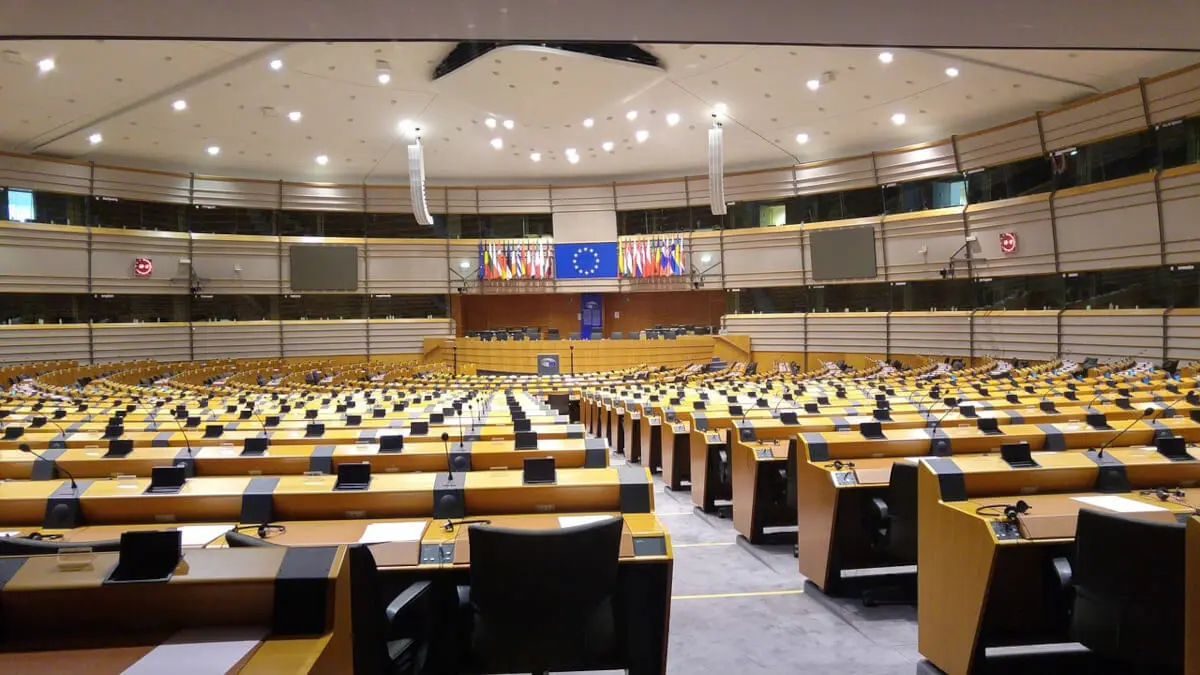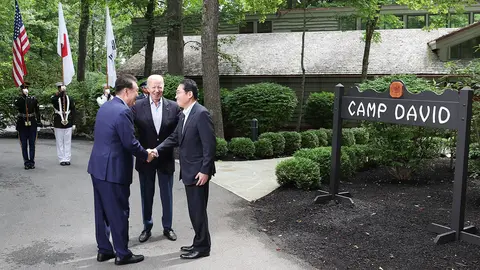European elections 2024

New York Times analyst David Brooks compared them this week with the responses of the American public to questions in other similar surveys to conclude that the climate of opinion in the United States and globally is comparable. Some 60% of both respondents agreed that the international system was broken and that pessimism had become part of the social perception in the United States and other countries. Around 65% perceived a fracture between the elites and the middle and working classes, and above that percentage, in both samples, respondents thought that the solution lay in stronger leadership in different countries and also in the world's leading power. But in both cases, more than 55% of respondents felt that a strong leader did not have to be disruptive or critical of the system.
The first conclusion that can be drawn from the data is that the sensitivities of different public opinions to global problems and to the transformation of the international order are similar. And the second is that the transformation of the system should be based on the system itself, but with more solvent political leaders. Or, to put it another way, that the magnitude of the challenges facing international society requires a renewal of leaderships, but does not imply the rupture of the system as some populist rupturist proposals associated with the extreme right, and also deconstructive approaches, integrated into radical progressivism, deny the evidence of the progress that the influence of the liberal system has generated in society as a whole. In terms, for example, of growth, development, respect for diversity and for individual and corporate initiative.
The European elections of 9 June in Spain once again put on the table the evidence that the European wall against ultra-nationalist and extreme left-wing tendencies, white-collar after the fall of the Iron Curtain, has been built by conservative, Christian Democrat, liberal, social-democratic and green parties. And not by separatist, violent and breakaway parties. This has meant that since the "Europe of the twelve" in the 1980s, the political seed of the European Union, only the United Kingdom has left the European project, stirred up by UKIP, of uncertain provenance and background, while 15 other countries have joined the project, and many others have applied to join the Union.
David Brooks compares the influences between different public opinions in our time with those of other moments of political and social transformation. Specifically, 1848, the year of democratic demands for greater representation of the middle and working classes in Europe's liberal systems, and 1989, when societies impoverished by communism and subjugated by autocratic regimes demanded freedoms and instruments for economic growth. In both cases, the aim was not to corrupt or destroy the liberal system, but to reform and expand it to make it fairer and more open.
The debate on Europe cannot focus on how to establish a retaining wall between the good guys and the bad guys. And feed it with local, nationalist and post-communist recipes, which have little impact in the present and no projection in the future. Quite the contrary. Europe needs to build bridges that allow new sensibilities to enter the project and strengthen the system as a whole. Global initiatives such as the 2030 Agenda, which pursue objectives such as human development, a concept developed from very diverse perspectives, the Catholic Church for example, and which promote energy transformation to make it more sustainable and have the support of large companies and institutions, cannot become the heritage of political ideologies whose ultimate goal is the complete transformation of the liberal system into another, of a different nature, built on principles and values that are not assumed by the majorities.
Similarly, issues such as security cannot be confused with ideological values such as pacifism, which distort the reality of the current international order, marked by complexity and uncertainty, where the reinforcement of defence is a guarantee of the freedoms that the European Union represents. The European elections of 2024 mean a consultation that goes beyond what Europe is today. They become a consultation on how to promote global initiatives from a European perspective and on how to strengthen the liberal order and democratic leadership.


